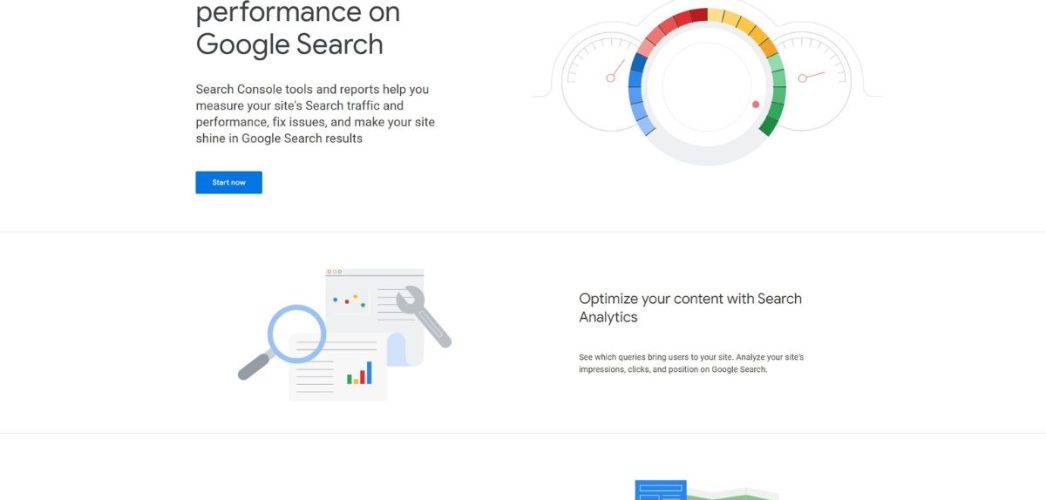Introduction
What does “Google search engine rankings” mean?
How your website ranks in Google is one of the most important factors that determines how visible it is in search engine results pages (SERPs). More traffic, sales, and money can come from higher rankings. In this blog post, we’ll look at the tried-and-true ways to move up in Google’s search results.
Proven Ways to Improve Google Search Engine Rankings
1. Make sure your website is mobile-friendly.
Since more and more people are using mobile devices, it’s important to make sure your site works well on mobile devices. Think about the following steps to make your website mobile-friendly:
Use responsive design. This means that your website will adapt to fit the screen of any device that visits it.
Use a theme that works well on mobile devices. If you’re using a content management system like WordPress, use a theme that works well on mobile devices.
Cut down on the size of your images and files. It takes longer for large files to load on mobile devices. Use compressed images and keep file sizes as small as you can.
Test your website on mobile devices: Check if your website is mobile-friendly with tools like Google’s Mobile-Friendly Test.
2. Use keywords in a smart way
People use phrases or words called “keywords” to look for information online. Think about the following steps to use keywords strategically:
Do keyword research. Use tools like Google Keyword Planner, Ahrefs, or SEMrush to find out what keywords your target audience is using to find information online.
Use keywords with many words. Long-tail keywords have less competition and are more specific. Use them in your content, titles, and meta descriptions.
Don’t “keyword stuff” your content, which means using too many keywords. If you do this, search engines might punish you.
3. Pay attention to good content
To move up in the search engine rankings, you need to create content that is both good and relevant. Consider the following steps to help you focus on good content:
Find out about your audience: Find out what your audience wants and needs, and make content that solves their problems.
Titles and subtitles will help. Use headings and subheadings to break up your text and make it easier to read.
Use photos and videos. Photos and videos will make your content more interesting.
Change your content often. By updating your site’s content on a regular basis, you show search engines that your site is active and relevant.
4. Improve Site Speed
The speed of a site is a key factor in how well it ranks on search engines. Think about the following steps to speed up your site:
Use compressed images and reduce the size of image files to speed up the time it takes to load.
Reduce the number of HTTP requests. Reduce the number of HTTP requests your website needs to load.
Use a content delivery network (CDN). A CDN spreads the content of your website across multiple servers, which makes it faster to load.
Use caching. Caching saves information on your website so that it loads faster for people who come back.
5. Make your site more authoritative
Things like backlinks, social signals, and the calibre of the content all have an impact on the authority of your website. Consider taking the following steps to boost the authority of your site:
Get backlinks from good websites. Backlinks from good websites tell search engines that your website is an authority.
Create high-quality content: If you create high-quality content that your target audience finds useful, you can get backlinks and social signals.
Your social signals should go up. Social signals like likes, shares, and comments can show how relevant and popular your content is.
6. Utilize Structured Data
Structured data makes it easier for search engines to understand what’s on your site. Think about the following steps to use structured data:
Pick the right structure: Choose the right schema for your content by using schema.org markup.
Add structured data to your website. You can do this with tools like Google’s Structured Data Markup Helper.
Test your structured data: Use Google’s Structured Data Testing Tool to test your structured data.
7. Make your internal links better.
Internal links help search engines find and list the pages on your website. Think about the following steps to improve your internal linking:
Use anchor text that describes the page the link goes to. Use anchor text that accurately describes the page the link goes to.
Link to relevant pages: Link to pages that are related to the content on the page you are linking from.
Use a logical site structure. Use a logical site structure so that search engines can figure out the order of the pages on your site.
Use a sitemap. A sitemap is a list of all of your website’s pages. This makes it easier for search engines to crawl your content and sort it.
8. Get more active on social media
Social media can help people find your website and bring backlinks and social signals to it. Consider taking the following steps to boost your social media presence:
Pick the right places to share on social media. Choose sites that the people you want to reach visit often.
Make content that is interesting: To get followers, make content that is relevant, informative, and interesting.
Get your audience interested. Respond quickly to comments and messages to get to know your followers and build a relationship with them.
Share your content: Share the content of your website on social media to get backlinks and social signals.
Conclusion
Summary of Proven Ways to Get Higher Rankings on Google
In conclusion, there are many proven ways to improve your Google search engine rankings, like making your website mobile-friendly, using keywords strategically, focusing on quality content, improving site speed, increasing your site’s authority, using structured data, improving your internal linking, and increasing your social media presence. By using these tips, you can make your website more visible, get more visitors, and eventually move up in the search engine rankings.




